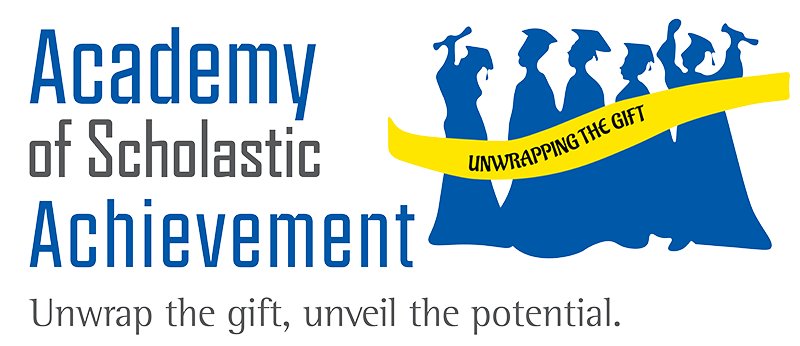Curriculum
ASA provides a skills-based curriculum aligned with the Illinois State Board of Education’s (ISBE) Illinois Learning Standards (ILS). Our curriculum is aimed at offering all students an equitable, multicultural education that encourages them to think deeply, critically and creatively. We offer culturally relevant coursework that is designed to strengthen student proficiency.
Competency- Based Curriculum
ASA provides its students with a personalized education. Our competency-based curriculum provides the opportunity for all student to graduate with a diploma and confidence to demonstrate mastery of the core competencies that are essential foe academic and personal success, every student is prepared foe college, careers and beyond, Our curriculum is aligned to Illinois Common Core State Standards, YCCS Competency Based Curriculum Framework Standards (4 Cross-Cutting Competencies) and Social Emotional Standards but also include the enduring understandings relevant to the school’s mission.
ASA’ Multiple Pathways Policy
A core component of ASA's education program is the provision of multiple pathways to graduation. ASA offer multiple learning options that allow students to demonstrate proficiency on expected learning standards, earn academic credit, and satisfy graduation requirements. Under this rule and through administrative provisions, YCCS has broadened the definition of what could qualify as courses that meet the requirements of the diploma to include traditional classroom based courses and classes, Learning Pathways, and Applied Academics Courses, and Extended Learning Opportunities.
A. Traditional Classroom Based Courses
ASA offers strictly time-bound courses based on the Carnegie unit and the awarding of academic credit based on how much time students spends in direct contact with a classroom teacher. The standard Carnegie unit is defined as 120 hours of contact time with a teacher.
B. Learning Pathway Options
ASA offers students a range of learning experiences that are categorized under the heading of Learning Pathway Options that are age-appropriate educational delivery methods that are academically rigorous and incorporate the student's interests. Each pathway must provide a quality learning experience comparable in rigor to the campus's traditional classroom based course offerings. Learning Pathways include, but are not limited to, the following:
o Dual enrollment or early college courses
o Career and technical education programming
o Online or blended learning options
Students who successfully complete an approved learning option will have the experience, and the resulting grade or performance level, reported on the student's progress reports, report cards, and official transcript.
C. Applied Academics Courses, Classes, and Units of Study
ASA offers courses, classes, and units of study through alternative delivery models for academic content. This may include but are not limited to integrated academic course sequences, project based learning, and an integrated or thematic equivalent of subject area courses in so far as standards are met. Applied academics can occur in a variety of contexts that incorporate standards from one or more academic disciplines. Students may earn full or partial academic credit by successfully demonstrating they have met standards and expectations through applied academics.
Students who successfully complete an approved applied academic course, class, or unit study will have the experience, and the resulting grade or performance level, reported on the student's progress reports, report cards, and official transcript.
D. Extended Learning Options
YCCS encourages students to explore a broad range of learning experiences, including outside of-school options, that allow them to pursue personal interests and career aspirations, gain applied knowledge and skills, and build strong work habits and character traits. A YCCS campus may offer students the opportunity to engage in Extended Learning Opportunities that include, but are not limited to:
- Apprenticeships, internships, field work, or exchange experiences
- Independent studies
- Summer enrichment and credit recovery programming
- Inquiry Based Learning projects

